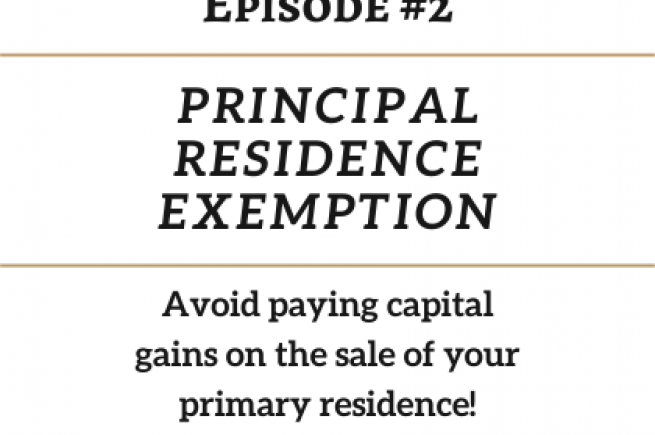Tenants have certain rights under The Residential Tenancy Act to provide housing that meets certain minimum standards and to ensure security of tenure. Below I have highlighted some of the important rights that every tenant should be aware of.
Administrative
You must receive a copy of a written tenancy agreement within 21 days of it being signed.
If you have a guarantor, he/she must receive a copy of both the guarantee agreement and the tenancy agreement within 21 days of you being able to occupy the unit.
It is necessary that you ask your landlord to have a condition report done when you move in and when you move out. This ensures that landlord does not deduct security deposit for damages that existed before you moved in.
Renewal
Your landlord must give you a renewal tenancy agreement at least 3 months before the end of your current tenancy agreement. If the landlord fails to provide a new tenancy agreement within the 3 month period and you continue to stay in the unit, the existing agreement is deemed to be renewed for the same term or maximum 12 months. This is referred to as automatic renewal and can only occur once, after which the tenancy becomes month-to-month.
If you wish to renew the tenancy agreement, you must sign and return the agreement to your landlord at least 2 months before the end of your existing agreement. If you fail to give the notice and continue to occupy the unit and pay rent which the landlord accepts, the tenancy becomes month-to-month tenancy. Only one rental period notice is required for month-to-month tenancies.
You must receive a written notice for rent increase at least 3 months before the end of your tenancy agreement with a copy of the Director of Residential Tenancies within 14 days.
Extra Payments
Your landlord can ask for extra payments for visitor parking, replacing keys, extra copy of keys, duplicate rent receipts, a pet, voluntary buy out from the tenancy agreement before it expires and for subletting and assignments (current maximum of $75 for sublet/assignment).
Your landlord can charge fees on late rent. The current fees are $10 for first day, $1 for each day after to a maximum of $100.
Security Deposit
A Security deposit cannot exceed ½ of first month’s rent and the landlord must deposit the security deposit in a trust account. You are entitled to interest on the security deposit at a rate prescribed by The Residential Tenancies Act. The landlord must also provide a receipt acknowledging the receipt of security deposit.
The landlord can request a pet damage deposit which cannot exceed ½ of one month’s rent. No deposit is required for assistant and guide dogs.
Notice to Move Out by Landlord
You can be given notice to move out if you are three days late in paying the rent. The landlord can ask you to move out immediately or any other reasonable time decided by the landlord. If you pay the rent and the landlord accepts the rent, you can still be asked to move out if done so in writing.
You can be given notice to move out if you write a bad cheque or an NSF cheque for the security deposit. The landlord may give you 5 days notice to move out which is cancelled if you pay the deposit and any applicable administrative fees within 5 days.
You can receive a written warning for not following the landlord rules such as keeping the unit clean, not damaging the property, not disturbing others etc. If the problem is not corrected, the landlord may ask you to move out with one rental payment period notice.
The landlord cannot terminate the tenancy during the school year if you have school aged children except if you fail to pay the rent.
There are other following reasons for which the landlord can ask you to move out with adequate notice: if the landlord, his spouse, their parents or adult children want to move in the unit, the rental unit will be destroyed within six months of the notice, renovations are needed which cannot be completed with you living in the unit, the rental unit is needed for another purposes ex. business or the unit is being converted to cooperating housing unit.
The length of notice for above depends on the vacancy rate published by The Residential Tenancies Branch:
Vacancy RateNotice Required
Less than 2%5 months
2% – 2.9%4 months
3% or higher3 months
If the landlord sold the property and the vacancy rate is less than 3%, then the landlord must give 3 months of notice to you if you have month-to-month tenancy. If you are in a fixed term tenancy, then you have the right to stay in the unit until the end of the tenancy agreement and you must receive a notice of termination of tenancy agreement at least three months before the end of your existing agreement. The landlord must also provide for reasonable moving expenses, up to a maximum of $500.
Notice to the Landlord by the Tenant
You can terminate a tenancy if you cannot pay the rent due to reduced income because of deteriorating health, you or your spouse is moving to a personal care home or you or your spouse has passed away.
You can terminate a tenancy if the landlord changes the locks on the door without your permission, has not made necessary repairs or cuts off heat, gas, electricity or water to the unit. However, you must give your landlord a chance to correct the problem.
Notice to Enter the Unit
If the landlord is selling the property and need to show it to the prospective buyers, a written notice should be provided to you by the landlord or the listing agent and must include reason for entering, the date and time of showing. You must receive the notice at least 24 hours prior to showing and no more than 2 weeks before the time of showing.
For more information, please visit MB government website:
http://www.gov.mb.ca/cca/rtb/




